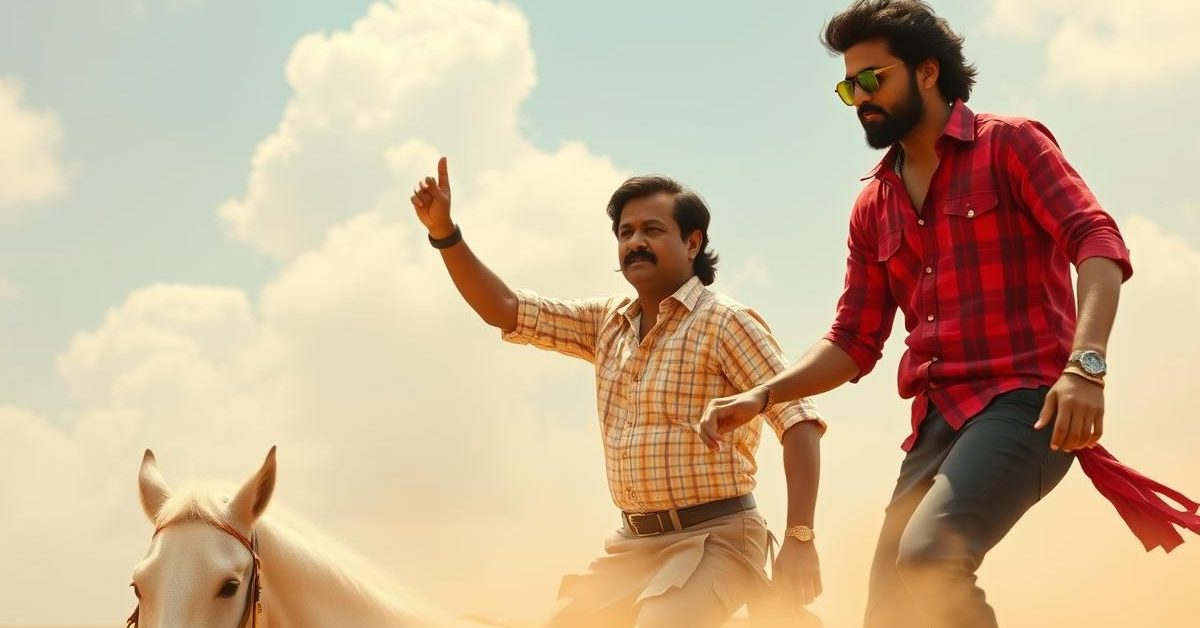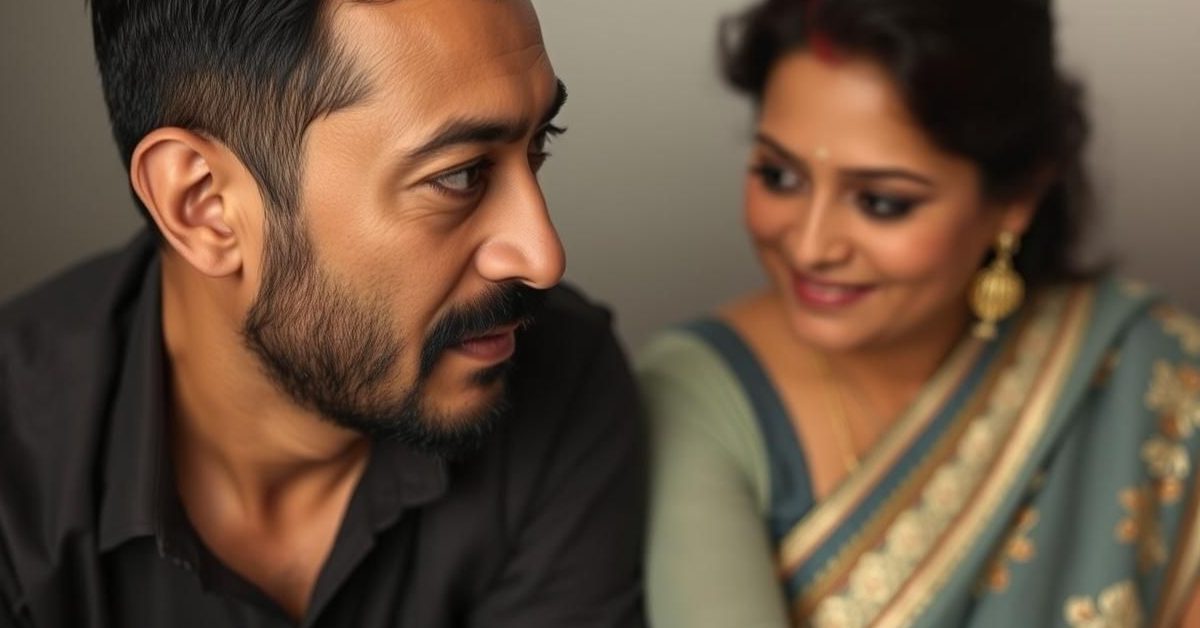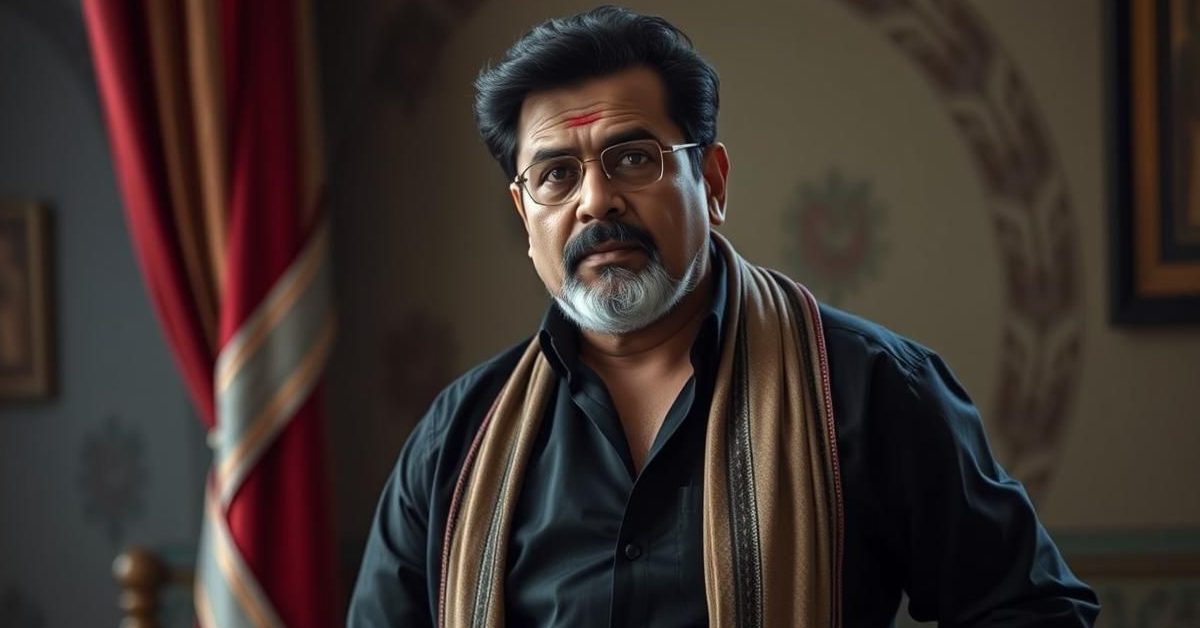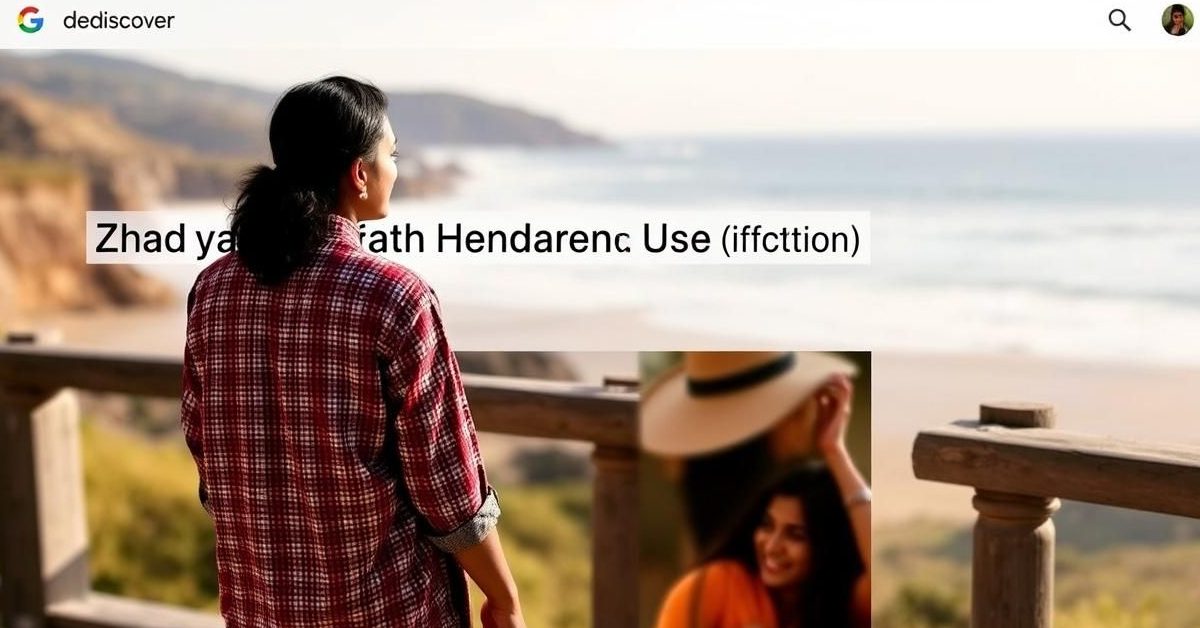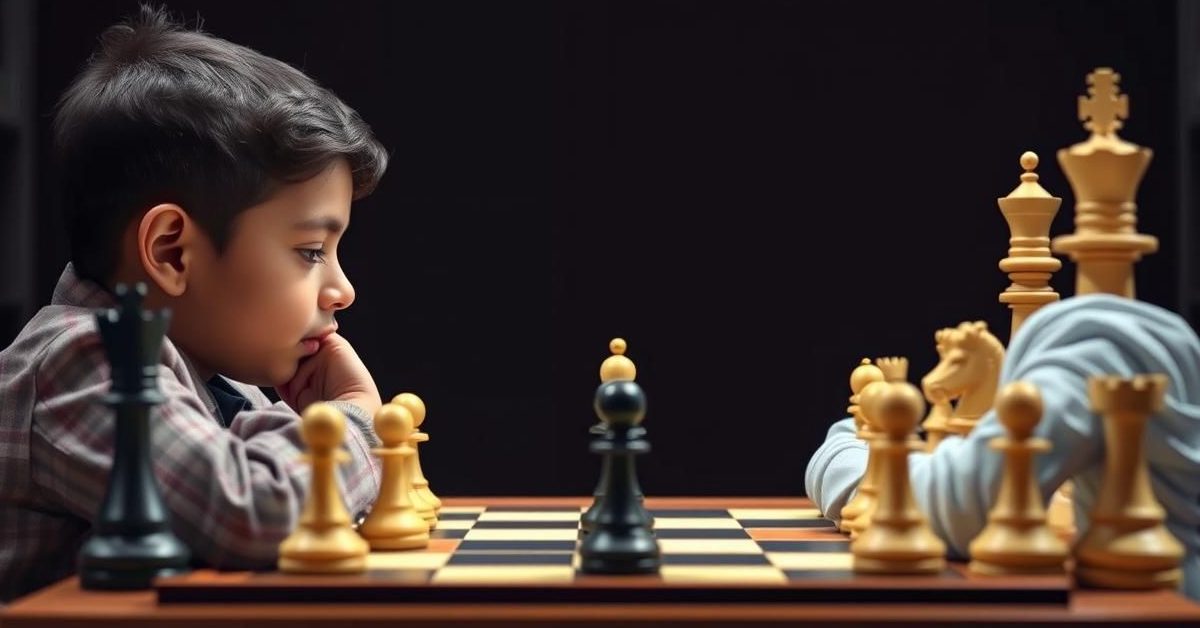The Phoenix Rises: Amitabh Bachchan’s Glorious Second Act
The dawn of the new millennium ushered in a period of profound transformation for Indian cinema, a vibrant tapestry where tradition met nascent globalization. At the very heart of this seismic shift stood one colossal figure: Amitabh Bachchan. After enduring a particularly challenging decade in the 1990s, marked by a string of box-office disappointments and the immense financial strain of the Amitabh Bachchan Corporation Ltd. (ABCL), the megastar was poised for an extraordinary resurgence. It was a comeback story for the ages, one that captivated millions and solidified his status as an unparalleled icon.
The Nineties had been a crucible for Bachchan. From the ambitious but ultimately troubled ventures of ABCL, including the Miss World 1996 pageant, to a string of cinematic misfires that failed to resonate with audiences, the very notion of his enduring superstardom seemed to hang by a thread. Yet, as the calendar flipped to 2000, a new chapter began to unfold. His pivotal role in Aditya Chopra’s multi-starrer blockbuster, *Mohabbatein*, saw him pitted against a then-reigning romantic king, Shah Rukh Khan. This cinematic confrontation, coupled with his unprecedented foray into television as the host of *Kaun Banega Crorepati* (the Indian adaptation of *Who Wants to Be a Millionaire*), ignited a phenomenon. His empathetic persona, sharp wit, and genuine connection with contestants turned the show into a national obsession, proving his unparalleled appeal across demographics.
Bollywood’s Unwritten Rules: The Era of Unsanctioned Adaptations
Concurrently, the cinematic landscape of Bollywood was navigating its own unique trajectory, one often characterized by a fascinating, albeit legally precarious, creative freedom. In the early 2000s, the concept of intellectual property rights, particularly concerning international cinematic works, operated within a far less stringent framework in India. Filmmakers often looked to successful Hollywood narratives for inspiration, borrowing plotlines, character arcs, and even entire sequences without the formal acquisition of remake rights. There was a prevalent, almost unapologetic, ethos of reinterpretation, where Western stories were seamlessly woven into distinctly Indian cultural contexts.
This period was a wild west of creative borrowing. Movies like Sanjay Gupta’s *Kaante* (2002), starring a formidable ensemble including Amitabh Bachchan, Suniel Shetty, and Sanjay Dutt, bore striking similarities to Quentin Tarantino’s gritty crime thriller, *Reservoir Dogs*. The film cleverly Indianized the narrative, placing the action in the bustling streets of Mumbai and weaving in elements of loyalty, betrayal, and high-octane drama that resonated deeply with local audiences. Similarly, Gupta’s later film, *Zinda* (2006), featuring Sanjay Dutt, drew heavily from Park Chan-wook’s South Korean neo-noir masterpiece, *Oldboy*. These weren’t mere homages; they were often direct, albeit uncredited, lifts, reflecting a different era of global cinematic exchange.
The Art of Indianization: Cultural Transference
The beauty, and indeed the success, of many of these unsanctioned remakes lay in their masterful ‘Indianization.’ Directors and writers didn’t just copy; they adapted the emotional core, the familial dynamics, the social nuances, and the musicality to fit the Indian sensibility. A Hollywood tale of a dysfunctional family might become a saga of generational conflict in a joint family setting. A gritty crime drama would often incorporate elaborate song-and-dance sequences, becoming a quintessential Bollywood spectacle. This cultural transference allowed audiences to connect with narratives that felt both familiar and fresh, a testament to the ingenuity of Indian screenwriters and directors working within these peculiar constraints.
From Informal Inspiration to Formal Deals: The Evolving Landscape
However, as the global film industry became increasingly interconnected and intellectual property laws began to tighten worldwide, this era of uncredited inspiration gradually faded. The mid-2000s and beyond saw a significant shift. Major Hollywood studios began establishing their presence in India, leading to official co-production deals, formal licensing agreements, and a greater emphasis on respecting copyright. Production houses like Fox Star Studios (now Star Studios under Disney) and Sony Pictures India started actively collaborating with Indian filmmakers, leading to authorized adaptations and original content designed for a global audience.
This evolution transformed Bollywood’s creative process. While the early 2000s offered a glimpse into a period of unfettered, sometimes audacious, borrowing, the subsequent decade ushered in an era of professionalism and global collaboration. Amitabh Bachchan, himself, continued to adapt, taking on diverse roles in films like *Black*, *Paa*, and *Piku*, further cementing his versatility and relevance in a rapidly changing industry. His journey mirrored Bollywood’s own transformation: a period of raw, innovative energy giving way to a more structured, globally conscious, yet equally compelling cinematic identity.
A Legacy of Resilience and Reinvention
The early 2000s stand as a fascinating crucible in Indian cinema history. It was a time when a living legend, Amitabh Bachchan, defied the odds to reclaim his throne, not merely through star power but through a profound connection with a new generation of viewers. Simultaneously, it was an era where Bollywood, with its unique blend of ambition and ingenuity, navigated the nascent waters of global intellectual property, creating a cinematic output that was undeniably entertaining, culturally resonant, and intrinsically Indian. This period remains a vivid testament to resilience, reinvention, and the enduring power of storytelling, both within the confines of established law and beyond its nascent boundaries.
